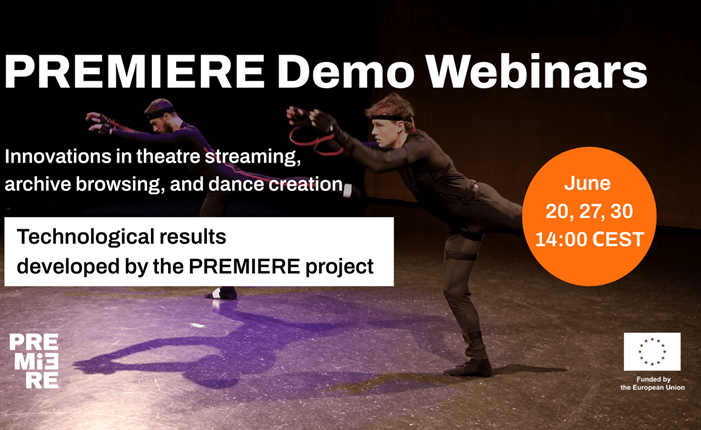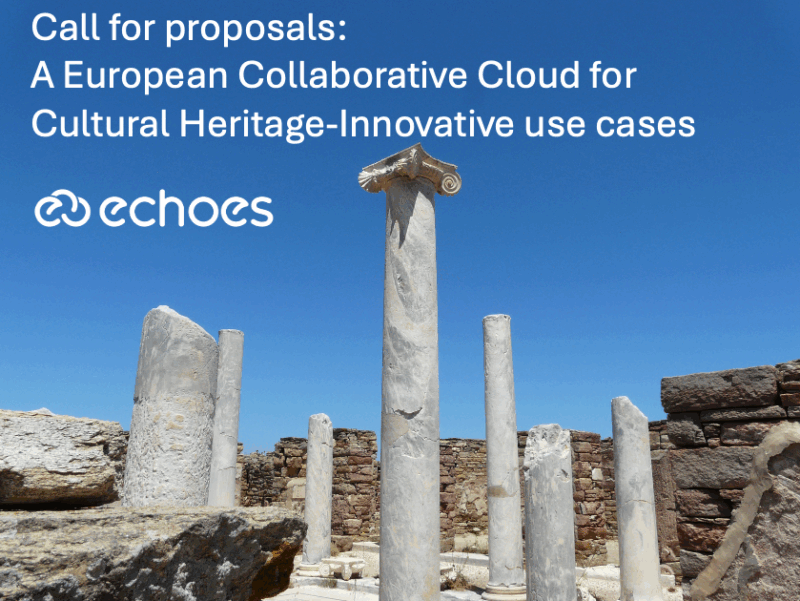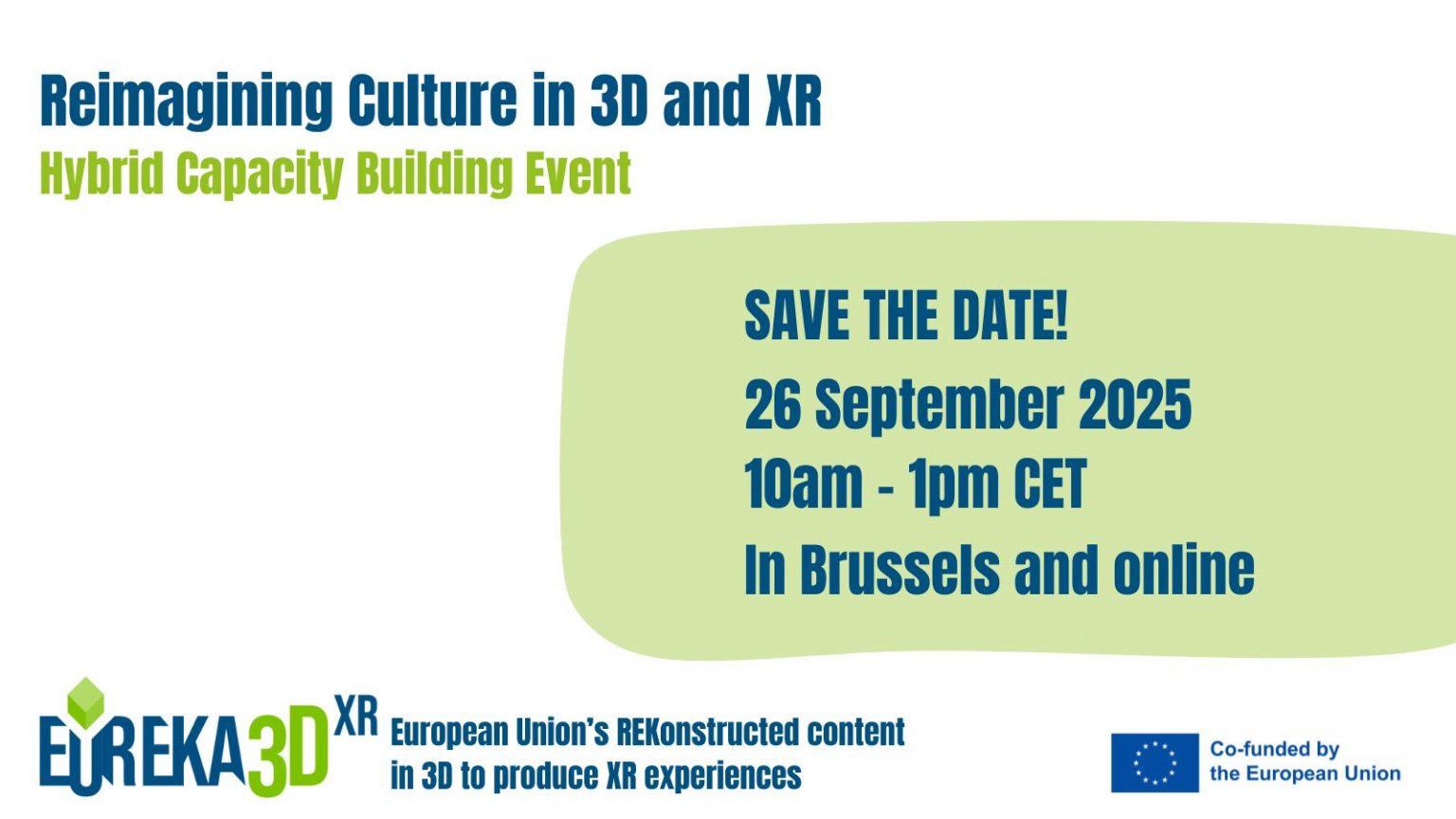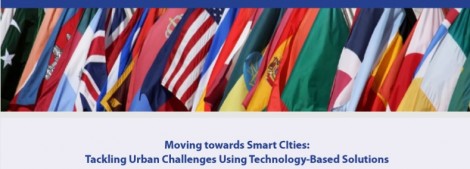 Sustainable development of urban areas is a key challenge. The on-going process of urbanisation is only expected to further increase in the future, raising new environmental and human challenges. Currently, 74% of the European Union’s population lives in cities, as they constitute the main poles of human and economic activity (UN, 2018). The large urban areas are hubs for innovation, education and concentrate 53% of the EU GDP, but remain centres of inequalities and greenhouse gas emissions (Eurostat 2016). However, the development of user-friendly and efficient information and communication technology (ICT) leads the way to the creation of sustainable, resilient and responsive cities.
Sustainable development of urban areas is a key challenge. The on-going process of urbanisation is only expected to further increase in the future, raising new environmental and human challenges. Currently, 74% of the European Union’s population lives in cities, as they constitute the main poles of human and economic activity (UN, 2018). The large urban areas are hubs for innovation, education and concentrate 53% of the EU GDP, but remain centres of inequalities and greenhouse gas emissions (Eurostat 2016). However, the development of user-friendly and efficient information and communication technology (ICT) leads the way to the creation of sustainable, resilient and responsive cities.
In 2012, the European Commission introduced the European Innovation Partnership on Smart Cities and Communities (EIP-SCC), a first step to bring together industry leaders, researchers and the civil society. This umbrella project offers sustainable integrated solutions to address new urban challenges. A digital platform, the “marketplace”, was launched to support smart city projects with up to €1 billion of investment by 2020. Following this year’s EIP-SCC General Assembly, a matchmaking place will be created to put promoters in contact with investments’ partners and to further increase the exchange of best practice. Additionally, since 2016, the “Urban Agenda for the EU” has been gathering stakeholders working on improving the quality of life in urban areas. 12 Partnerships were identified to tackle concrete priority themes. Contributors offer policy recommendations and action plans to improve urban mobility, land use and housing. The integrated approach is also supported by the Horizon 2020 funding scheme for competitiveness and growth.
If the democratization of ICT opens new possibilities, achieving sustainability and efficiency requires nonetheless a holistic problem-solving approach. The technology deficit of a part of the population, the questions of privacy and the growing inequalities in urban areas remain impediments to the radical step change that smart cities represent. A conducive policy framework and a cohesive action from relevant actors are necessary to improve urban life and harness the potential of ICT.
This international symposium offers an invaluable opportunity for key stakeholders to assess the development and implementation of smart cities in the EU and to discuss how citizens will benefit from them. The event will discuss the economic impact of recent digital tools and how to take advantage of them to tackle unemployment and improve services. Furthermore, the event will enable delegates to analyse the importance of data collection to bring sustainability in cities.
Delegates will:
- Discuss the concept of Smart City and its practical implementation in the EU
- Reflect on the opportunities and challenges posed by the development of ICT
- Explore the implementation of sustainable technologies for transportation and housing
- Determine ways to modernise urban economy via platforms and Big Data
- Develop understanding o the importance of digital tools in energy consumption
- Learn how to further include citizens in their city’s decisions making process
- Analyse existing smart-city projects and share best practice
To view the brochure, including the full event programme, click here.
A 20% early registration discount off the standard delegate rates (subject to type of organisation and terms and conditions) is offered for bookings received by the 25th January 2019, please book online.


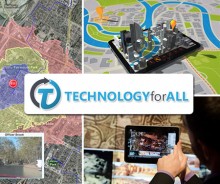

 If you have interesting news and events to point out in the field of digital cultural heritage, we are waiting for your contribution.
If you have interesting news and events to point out in the field of digital cultural heritage, we are waiting for your contribution.
